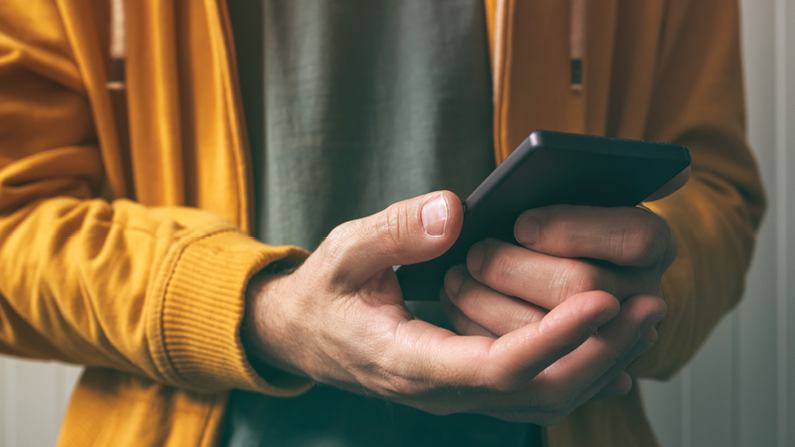A new labelling system has been developed that is 100% accurate in analysing whether a product is fake. The system assigns individual items with a label, called a tag, that corresponds with a unique fingerprint.
Many buyers may purchase a new designer watch or handbag and later may suspect or find that the item is counterfeit. Counterfeit items are not only restricted to fashion items, but for pharmaceutical drugs where a fake drug can cause death. The counterfeit industry is worth a reported quarter of a trillion pounds a year and is an ever-growing trade which has spread to most industries.
The researchers new ‘tag’ system can be applied to a drinks bottle, a watch, a painting, drugs packaging or any other item. The tag can be as small as a pen dot and is impossible to copy due to the fingerprint system which ensures no to tags are the same. The tags fingerprint is made using a transparent ink containing microparticles that can be applied onto a bar code on paper. The tag is applied via a spray that forms random patterns that are impossible to copy.
The system can be applied to barcodes or material for example and can be produced in large quantities inexpensively. It works in such a way that a product leaving a factory will receive its own fingerprint which will be a part of database. Buyers can also validate a purchased item using an ordinary smartphone that, using an app, scans the systems fingerprint and checks for a matching database image.
The new system has been tested by the researchers on almost 10,000 tags consisting of QR codes printed on plain paper that had been sprayed with transparent ink. Each tag was photographed with a mobile phone to create an image database. The images were then scanned with other mobile phones to see if they matched.
There were no false matchers in any of the test cases.
A positive match in 76% of cases and no false matches were made. In the remaining 24% of tags, the photo was either out of focus or the tag was dirty. A new image was taken, and all the remaining tags were registered as positive by the system.
The researchers expect the app to be completed over the course of the year.


Recent Comments